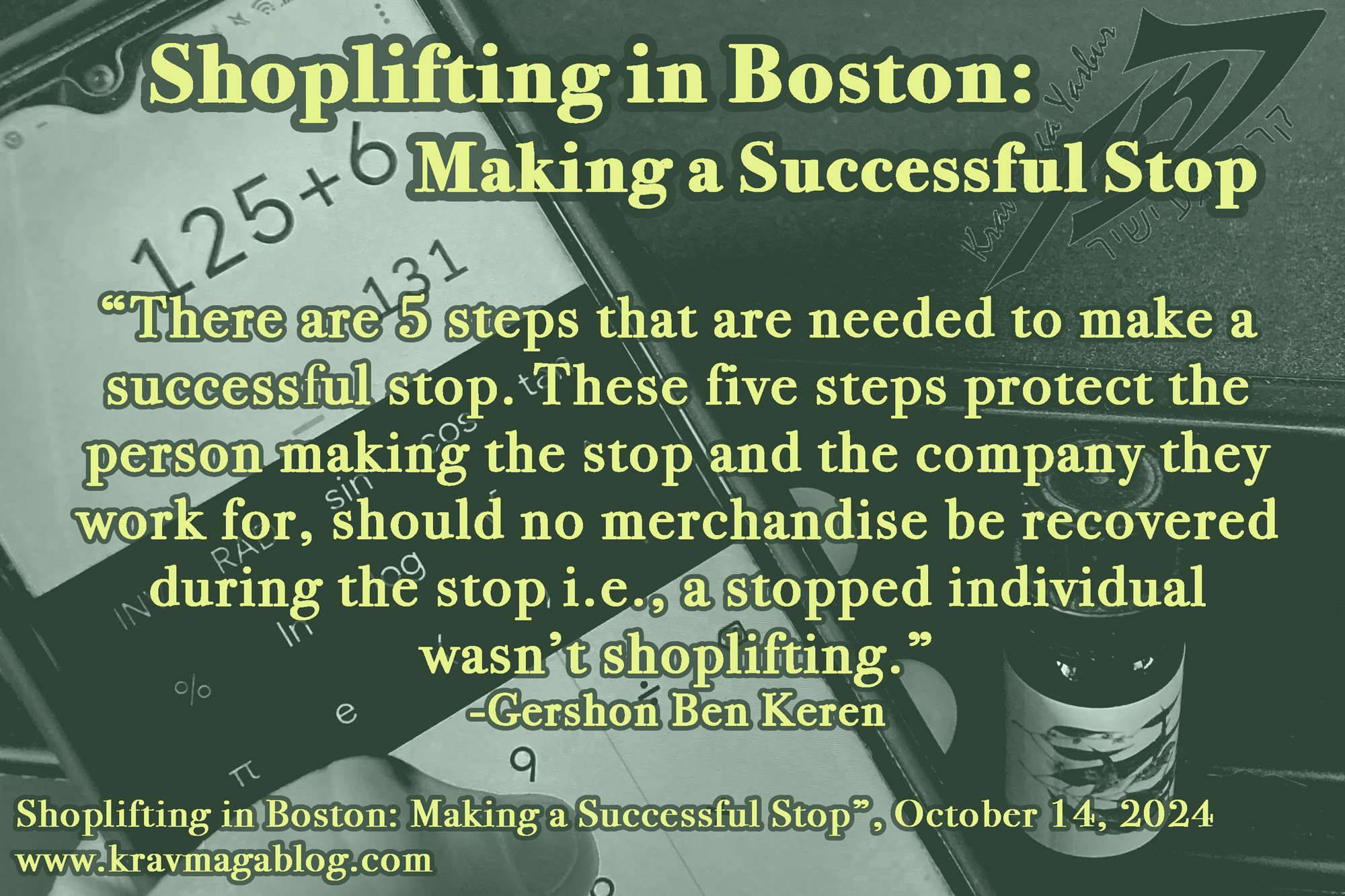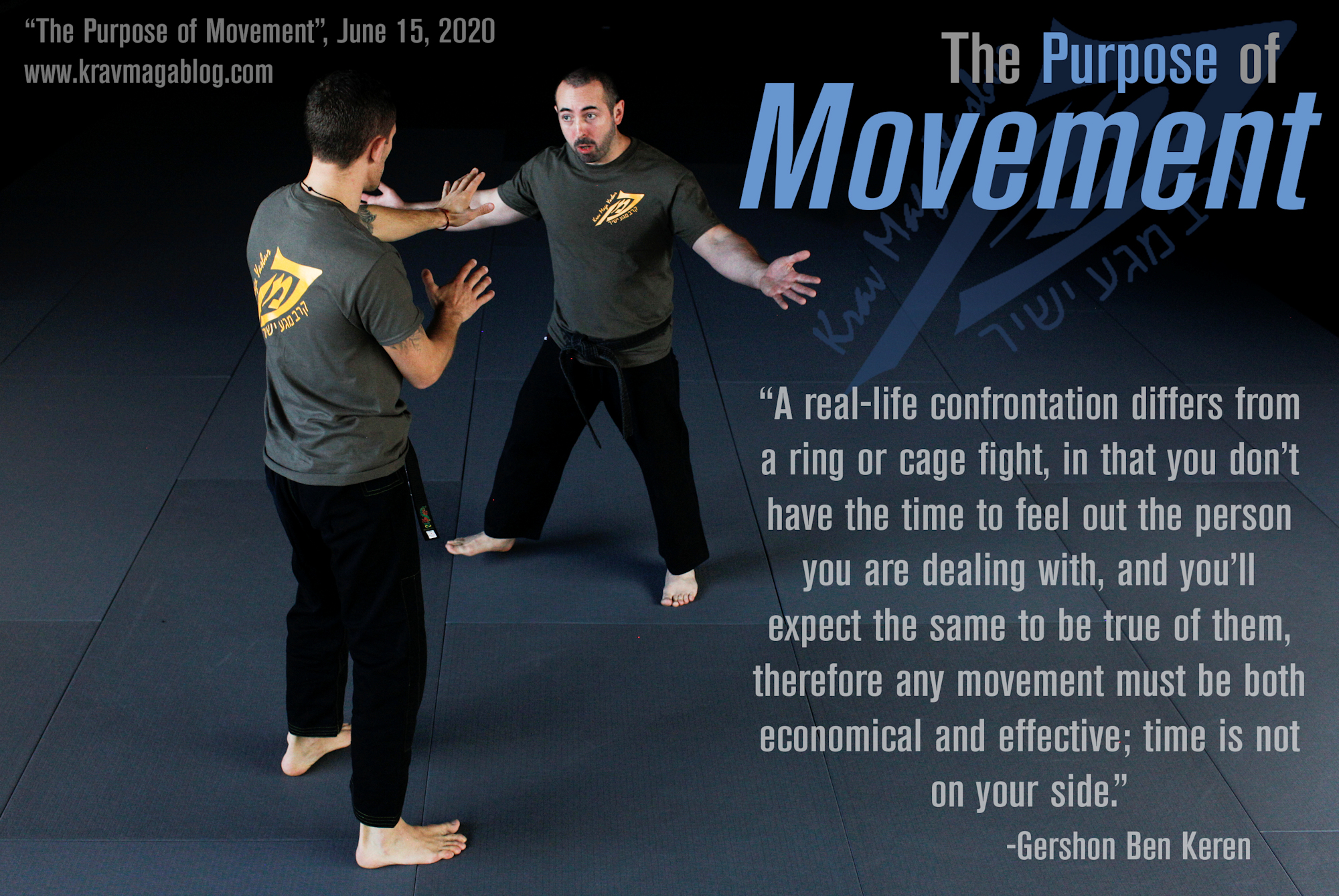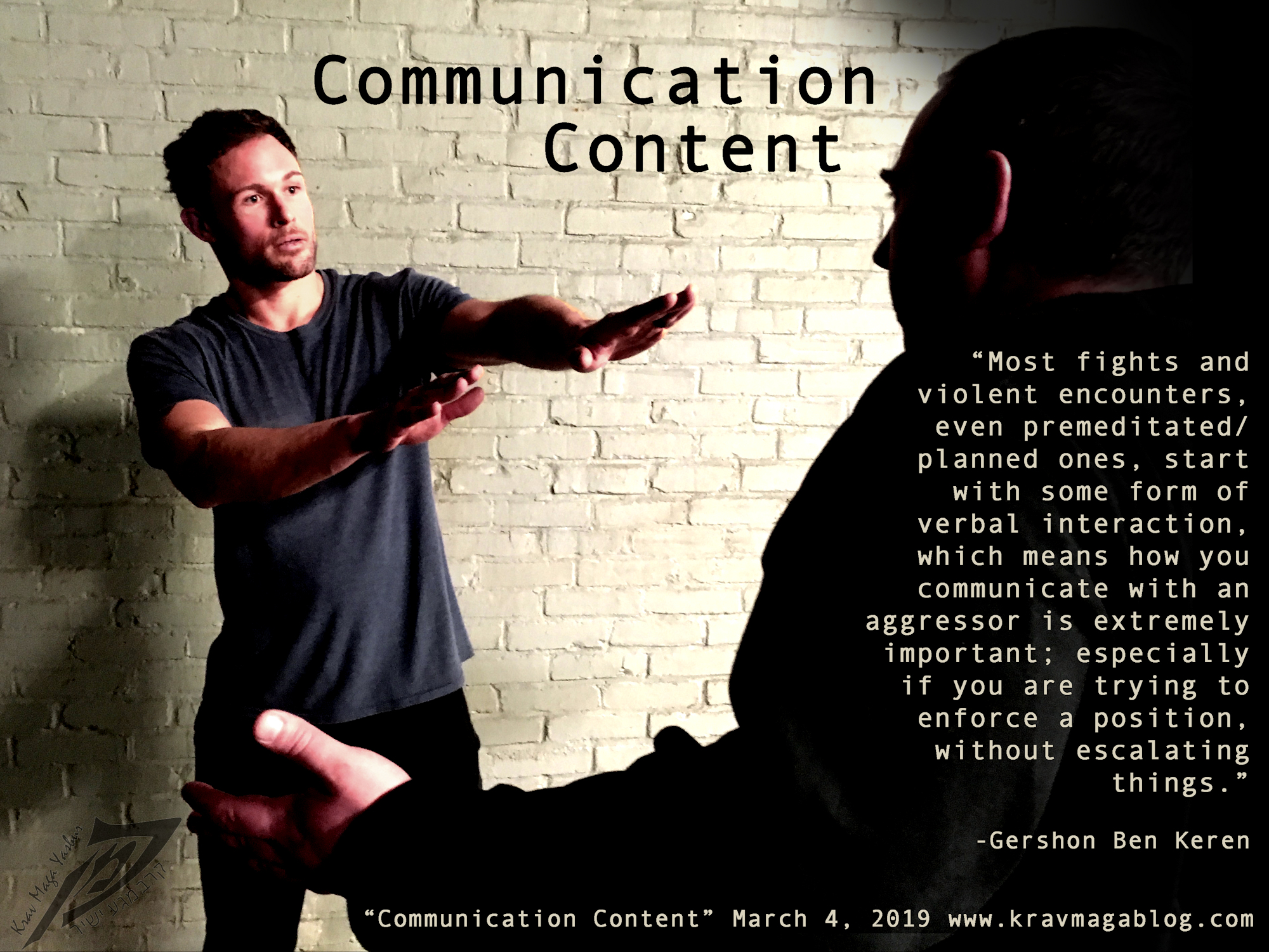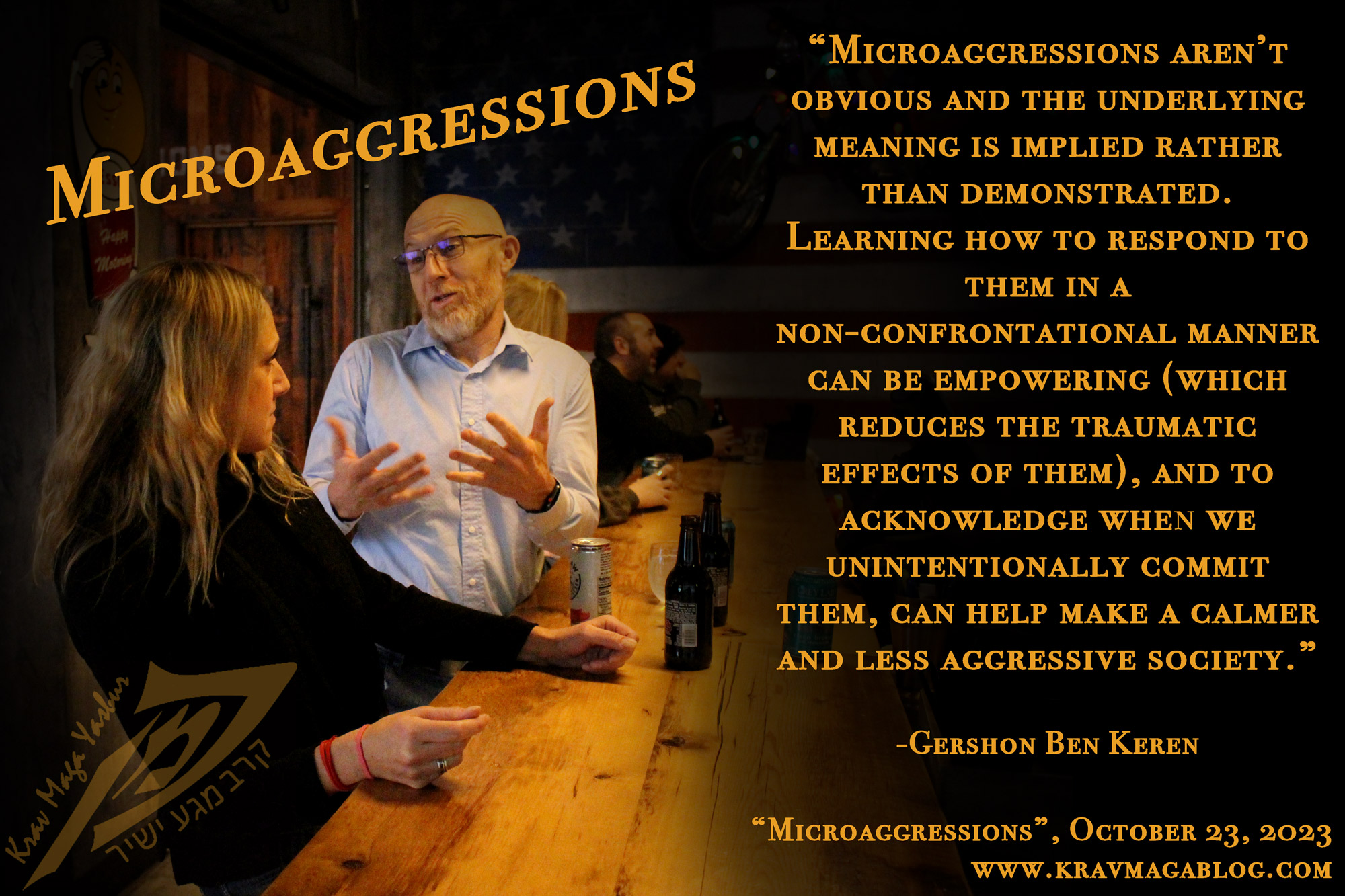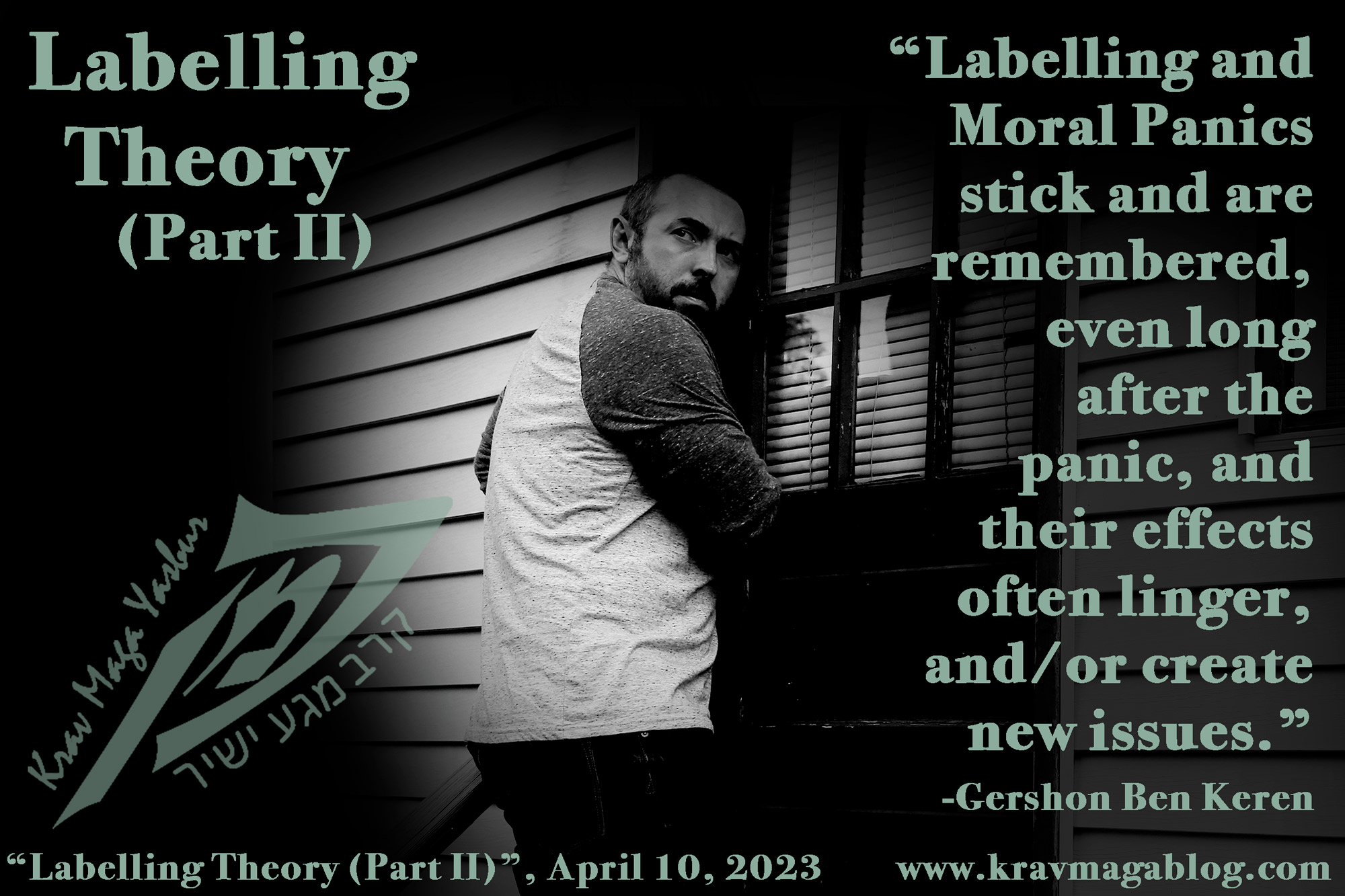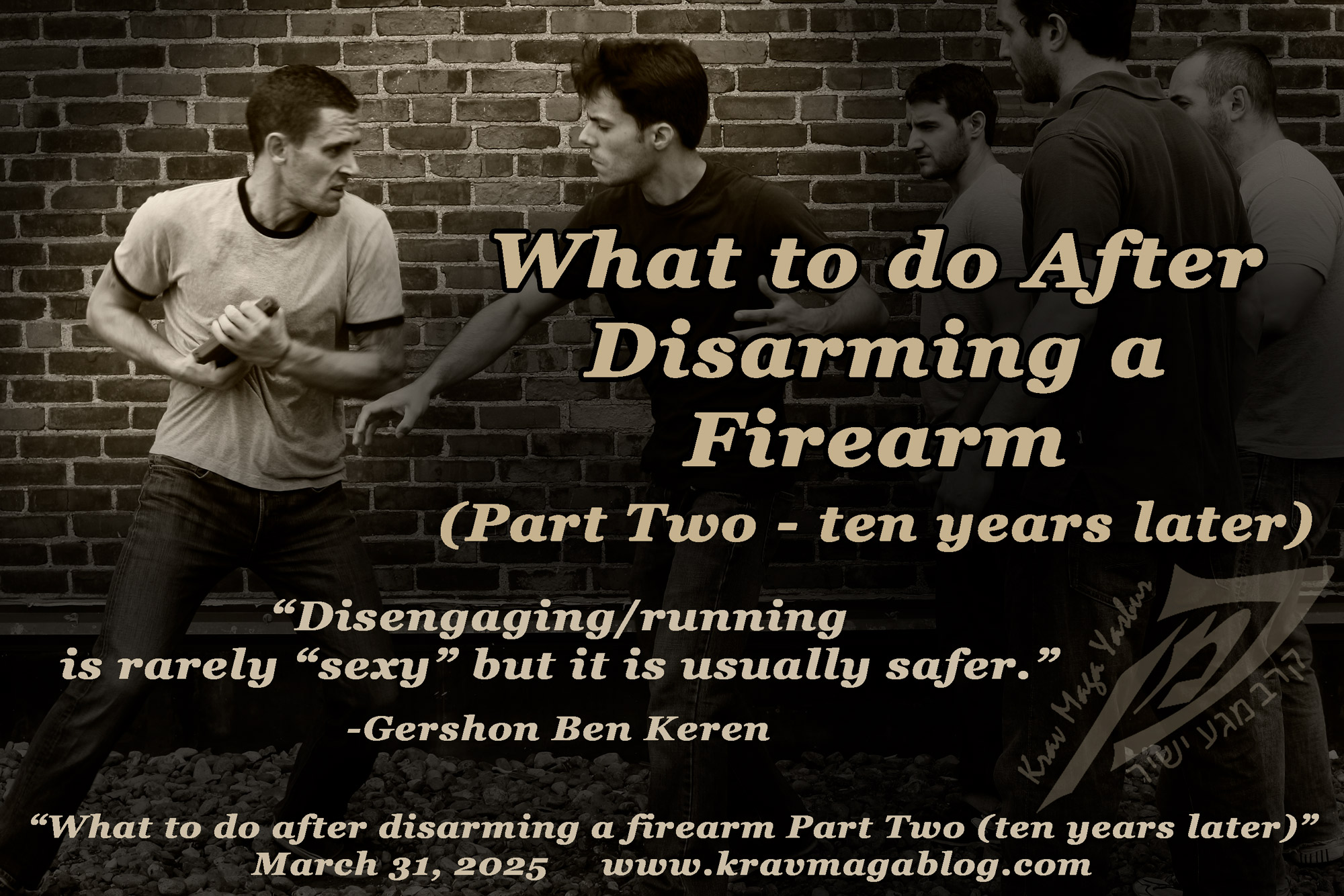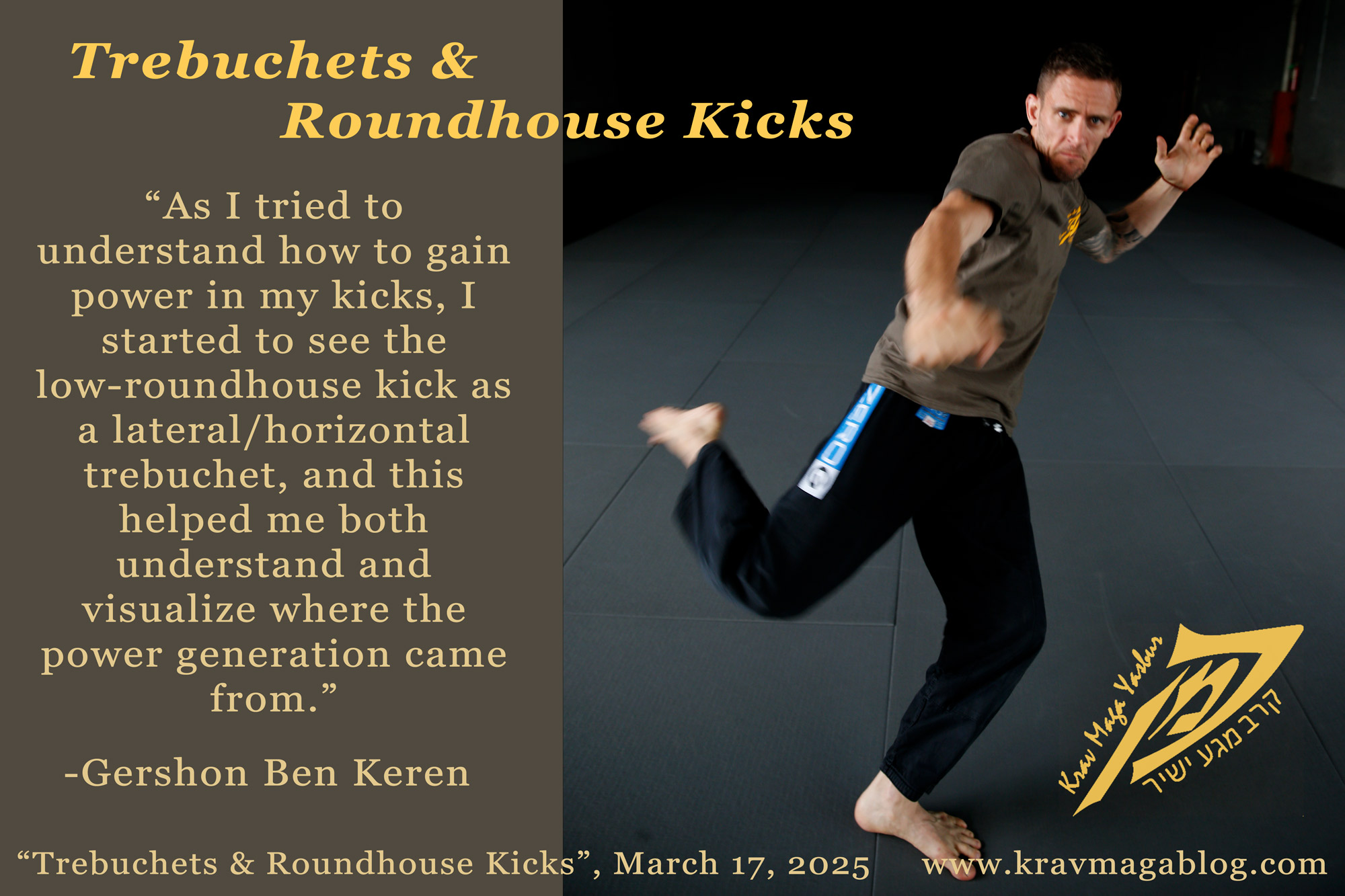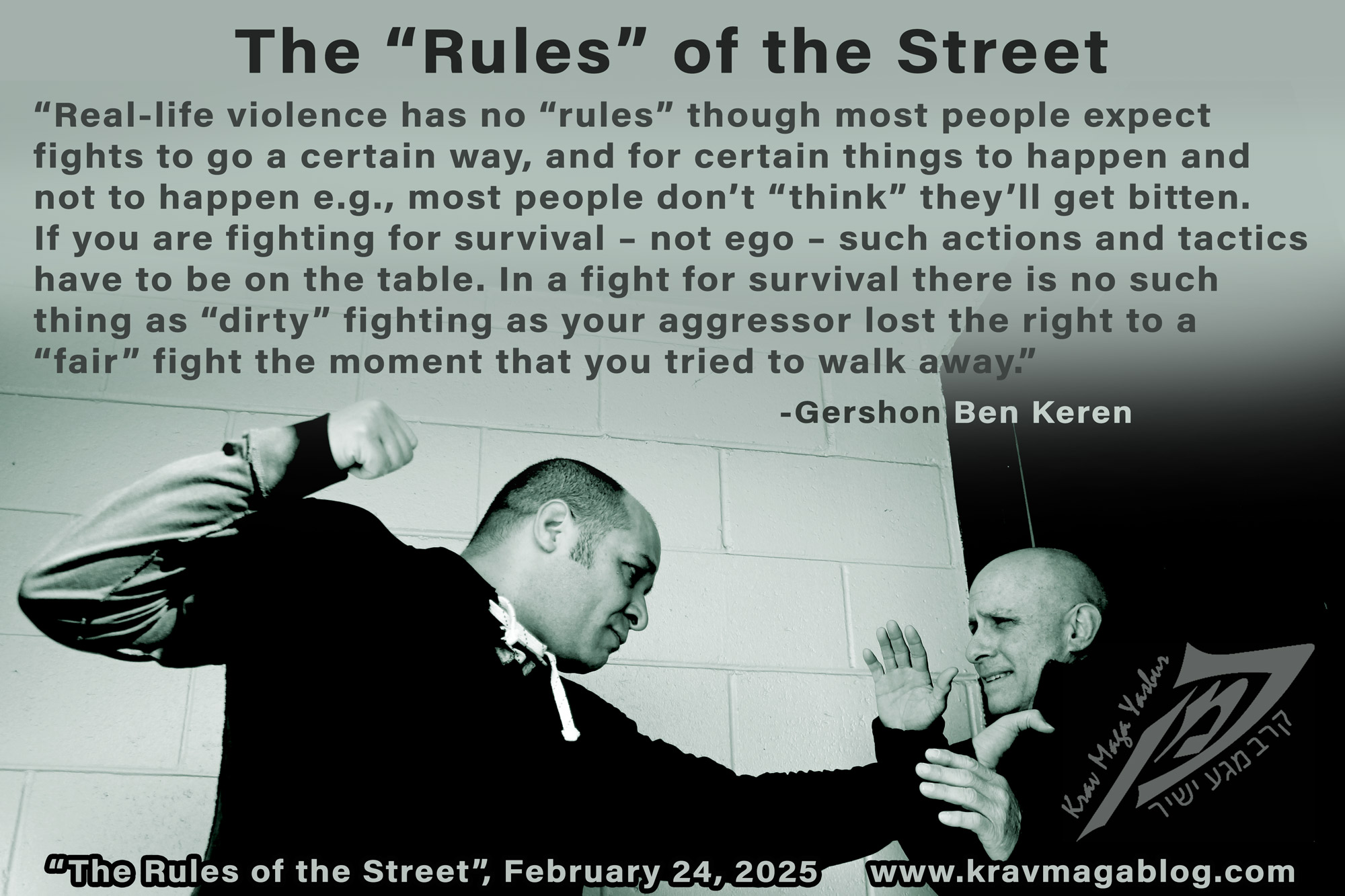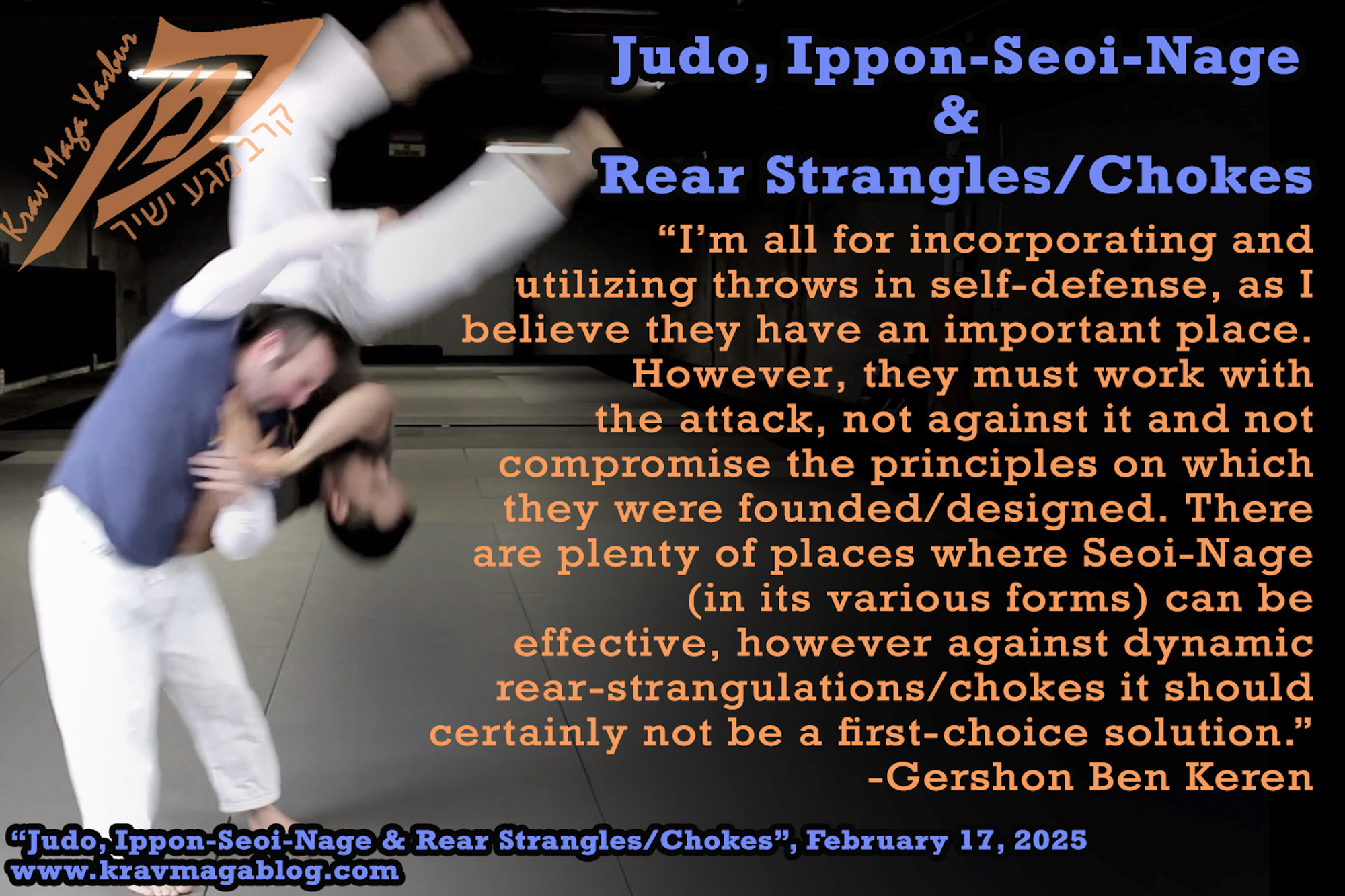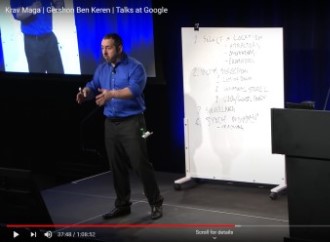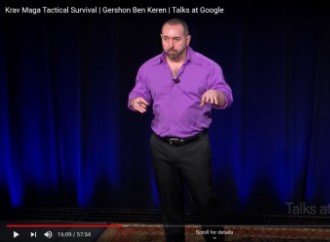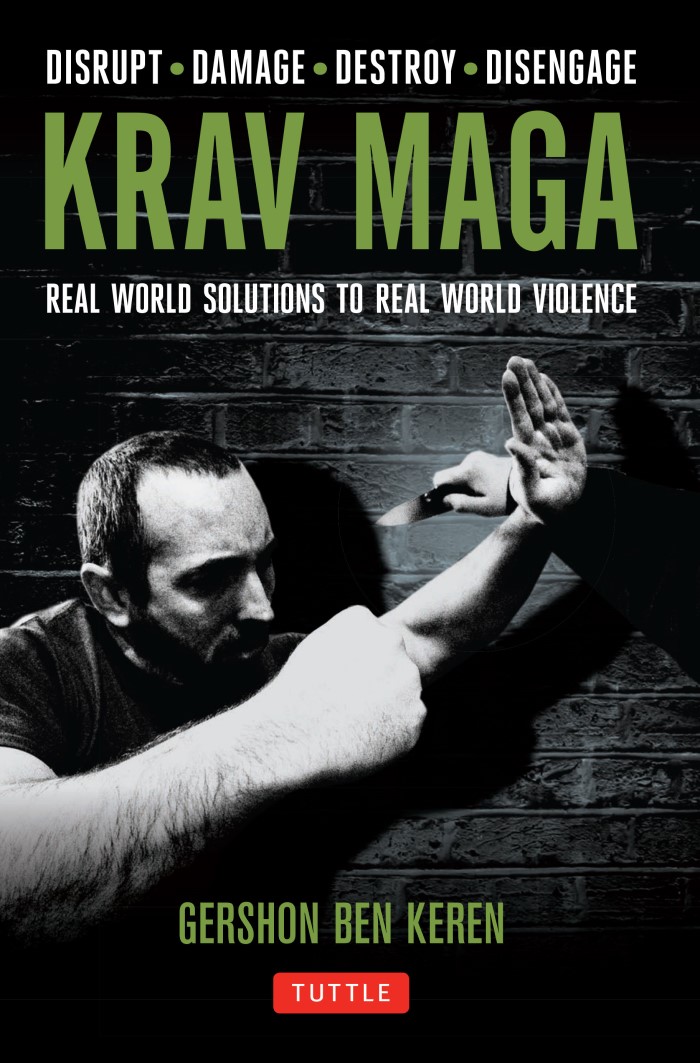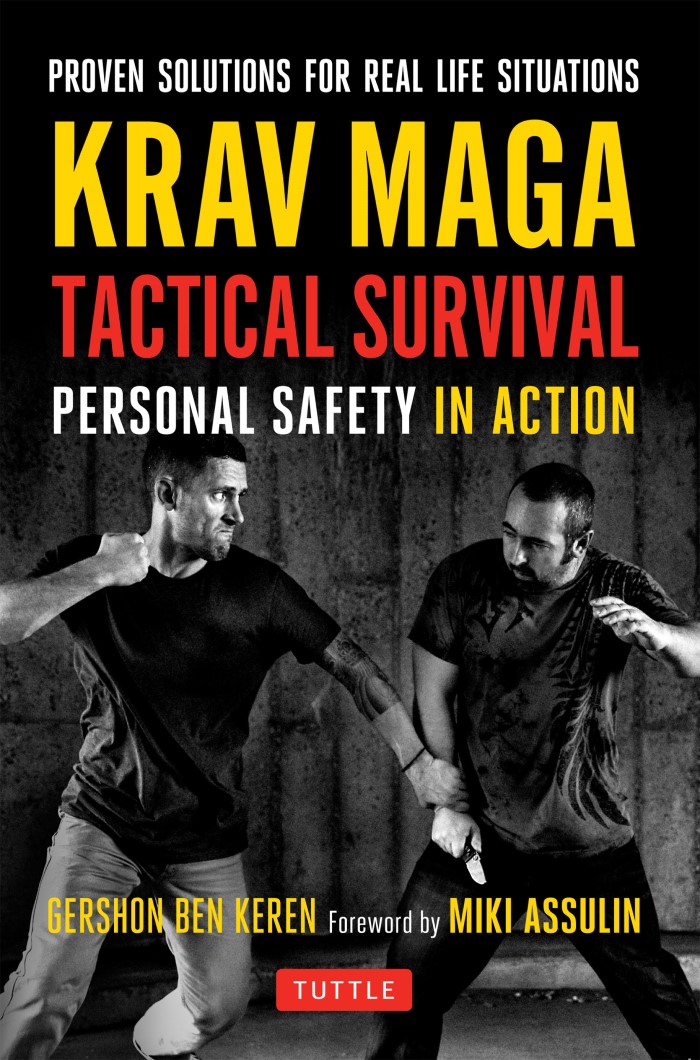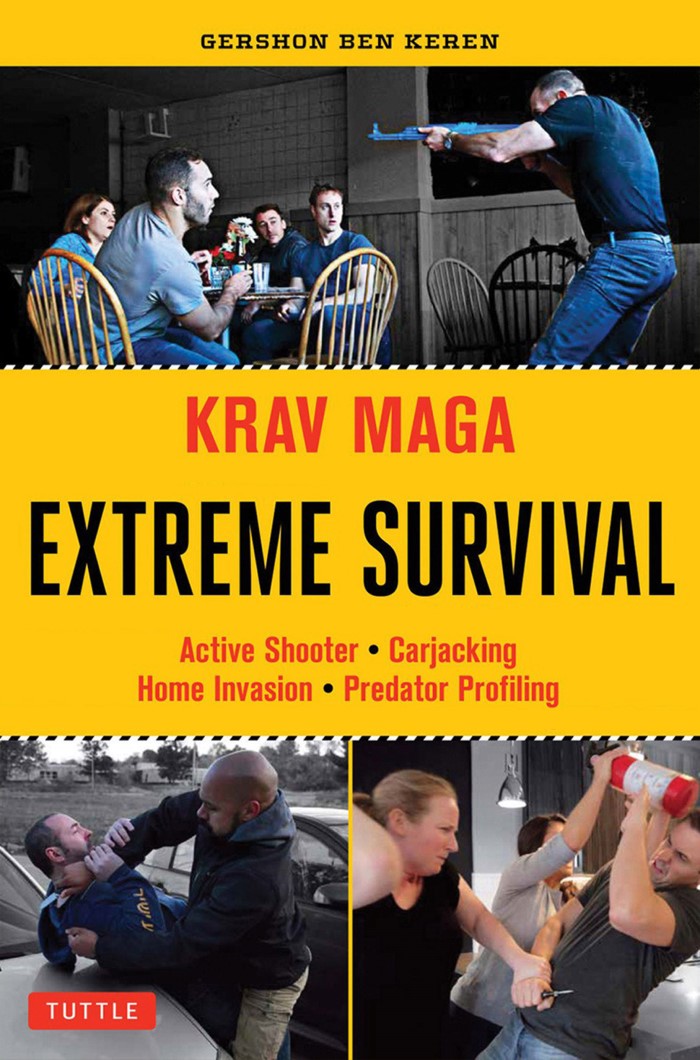Sun Tzu & Death Ground, is an article written by Gershon Ben Keren, a 5th Degree Black Belt in Krav Maga, who teaches Krav Maga in Boston, MA. He has also authored three Amazon best-Selling Books on Krav Maga.
When dealing with armed muggers I teach people to first hand over the wallet. I do this for a number of reasons, but mainly, because in the mugger’s mind, they always see themselves leaving with the wallet – the variable being whether the victim is shot/stabbed or left unharmed (if they have acquiesced). Most people accept this approach, but now and again, some will kick back against it, arguing that they would be the person who would just act – almost without thinking – and try to disarm/control the weapon, and do what was necessary to prevent their assailant from taking their valuables. This article isn’t just about why you should hand over your possessions, but about those who possess a genuine warrior mindset versus those who don’t, and about how a person who trains a couple of times a week, can develop a realistic strategy for dealing with situations, that they can employ when being threatened/attacked.
Most people haven’t dealt with real-world violence, that’s just the simple truth (and this includes some self-defense/Krav Maga instructors – which isn’t always an issue if they appreciate what violence actually looks like). There is a huge difference between the “idea” of violence and the “reality” of violence; though many don’t understand this. Most people don’t understand the shock and awe of physical violence, of confronting someone who not only has a knife, but has a clear intention of using it. Most people have never felt what it is like to have a firearm pressed against their body. The corresponding emotions/feelings that occur in such incidents aren’t indignation and a sense of unfairness, but an immediate understanding, that you are dealing with someone, who is lacking certain moral and social inhibitions, and has a singular, clear intent to cause you serious harm without a second thought. In such situations you aren’t dealing with another “you” – you are dealing with a wild animal. If you were to encounter a wild dog that was snarling/spitting and moving towards you, you would think of every option but confrontation. To think differently when dealing with an armed assailant, who would leave, if you handed over your wallet, makes little sense. The language that the wild dog understands, and the language that the mugger understands are both foreign to most individuals. The only reason to act, when you have an option of avoiding physical engagement, is down to ego; there is no ego involved when you are confronted by a different species. Danger is danger, regardless of its source.
I believe in training, and training realistically, however it would be wrong to say that the training environment can ever represent reality 100% - the simple fact that you know it is a “training” environment with boundaries and rules etc. is very hard to eliminate. Training can prepare you and equip you, with the skills necessary to deal with real-life situations, however there is always a gap, and this should be appreciated. Nobody, however many years they have under their belt, should want to “bring it on”, or believe that, given the choice, avoidance and de-escalation, shouldn’t be attempted. Acquiescing to a demand, when the odds are stacked so far against you (and any armed scenario falls into this category), is the sensible option, both for you and your family. I was once pitching a training package to a company, on the day that a pensioner had been stabbed to death for refusing to hand over his wallet and mobile phone to two muggers. The person I was talking to, pointed to a newspaper headline, that declared that the dead man had died a hero, and tried to make the argument, that society needed more people like him i.e. those that would stand up for themselves, etc. The man was dead, he was a father and a grandfather, who left behind those who loved him – and I would guess, those who wished he hadn’t been so stubborn and had just given his assailants what they wanted. The effects of confronting an assailant may not just be borne by you, and to forget this in the moment because you get carried away by ego, may not be your most effective option. I don’t believe that this man knew/understood who he was dealing with, and that his assailants were prepared to do to him what they did – judging assailants by our own standards is extremely dangerous.
Accepting the limitations of our training is important, and we should understand how we can make our training effective when the time comes for it. I do believe that it is possible to become that “warrior” in the moment; the one who will fight to the end, with full commitment. However, I believe that we must set the conditions for this. If after handing over the wallet, your attacker(s) remain(s), you are now standing on what Sun Tzu refers to as “Death Ground”, and when you are standing here, you have only one choice, and that is to fight. When the mugger doesn’t leave, they are no longer adhering to the “muggers” script, and so you have only one choice. When there is only one choice, you have to take it. On the Normandy landings, when 150 000 allied troops stepped from the relative safety of the landing craft, into a hail of machine gun fire they were on “Death Ground”. They had only one choice, which was to keep moving forward, and to engage with the enemy. Eisenhower and the other generals who planned the invasion, knew that if the only option to survive was to engage, then that’s what their soldiers would do – they didn’t have a choice. Sun Tzu talked about putting a mountain range, a river or a lake behind an army, so retreat wasn’t an option. When you hand the wallet over, you are doing the same; you can’t go back, only your assailant can. If they don’t retreat, you will find yourself on “Death Ground”.
When we fight, we have to force ourselves to fight; training twice a week, doesn’t make you a warrior. By putting yourself on “Death Ground” through the decisions you make, you are firstly avoiding unnecessary violence and secondly, making sure that if you have to fight, it’s down to survival and not ego. When this is the case, there are no doubts, no hesitation, just the complete and absolute need for extreme violence. Many of the troops who landed on the beaches in 1944, were untested, but when put on “Death Ground”, they overcame impossible odds, and committed greats acts of heroism (things they may not have thought they were capable of before). If you don’t have a firsthand experience of violence and are untested, your best chance of surviving a real-life encounter, is when your enemy doesn’t give you a choice – in that moment you can do everything necessary, and be that warrior.
0 COMMENTS